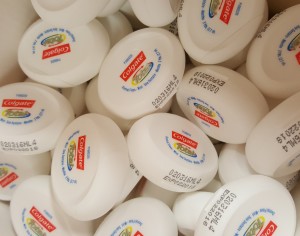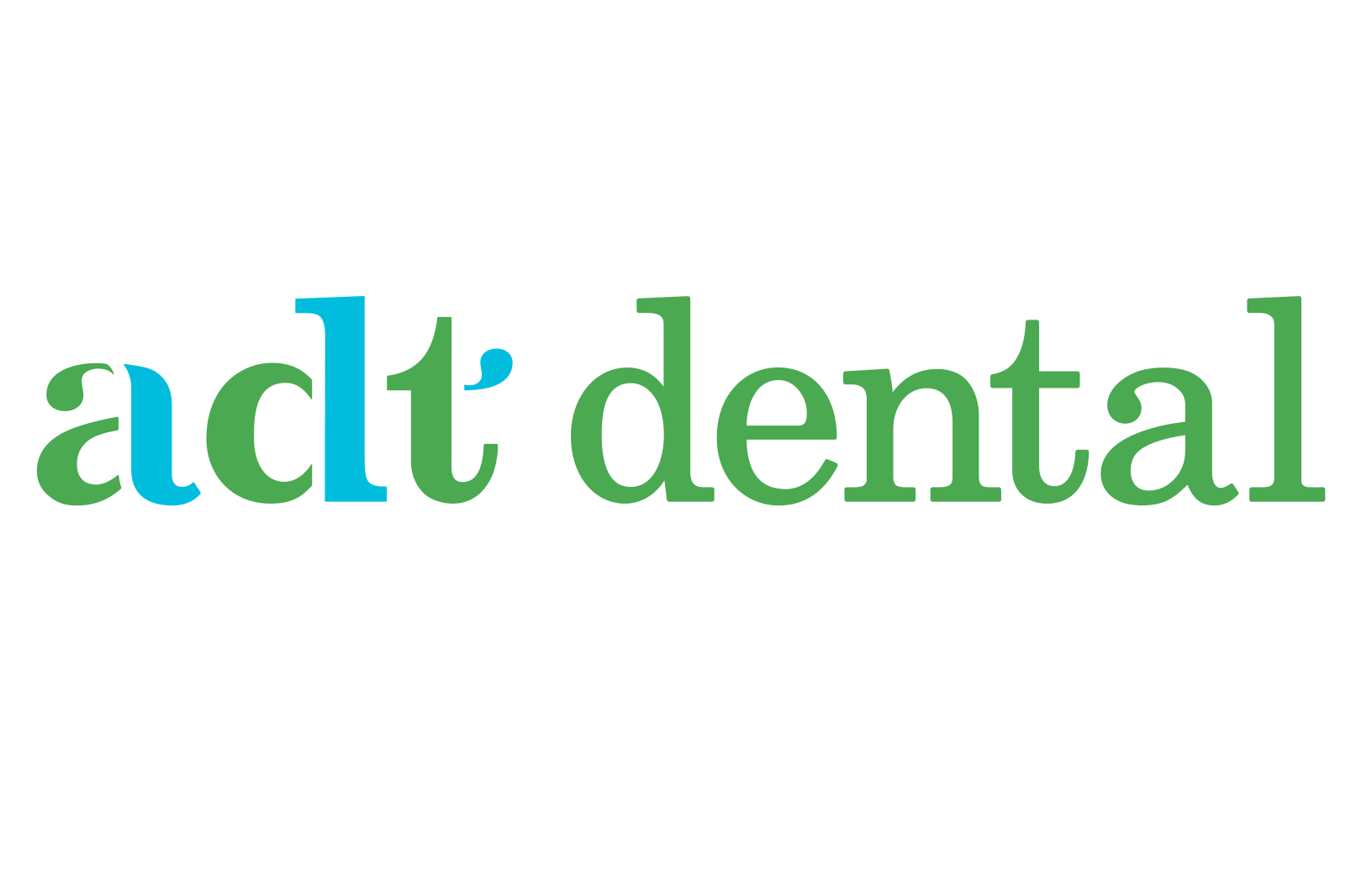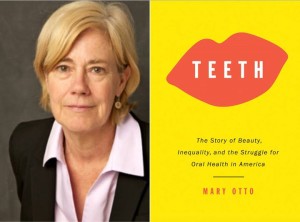
If you search online, you would find that daily flossing is one of the key activities to increase your life expectancy. Yes, flossing! In fact according to the Living to 100 Life Expectancy Calculator daily flossing gives you 6 additional years. Then why did the Departments of Agriculture and Health and Human Services quietly drop flossing from the latest dietary guidelines for Americans? Their reasoning: lack of reliable scientific evidence.
As a dentist since 1981, I can assure you that I have seen the clinical evidence of the importance of this daily routine in practice. But let’s take a step back and answer a few questions.
First, is there any sound scientific data that flossing increases life expectancy?
A longitudinal clinical study to show direct causation between flossing and life expectancy has never been done. Who would do it and at what expense? But I bet folks who floss daily have lifestyles where they are able to care for themselves holistically. They understand to eat well, exercise, get adequate sleep, and don’t smoke. They see their health care team regularly, including their dentist who reminds them to floss. There is likely an indirect correlation between flossing and longevity.
How damaging is chronic inflammation to the body?
Inflammation is your body’s protective mechanism to heal wounds and fight disease. It’s necessary to keep you healthy. But chronic inflammation, which is inflammation out of control that goes on for months or years, is associated with many disease processes. Here’s a fact: Chronic inflammation is not healthy for you.
Periodontal disease is chronic inflammation. Your gum tissues are responding to the presence of plaque which it perceives as an irritant and it is trying to protect itself. This creates an oral cavity with chronic inflammation. Gums bleed and swell, and bone melt away from the irritants of plaque and calculous, leaving the teeth unsupported. Flossing removes the plaque the toothbrush cannot reach. Reducing this inflammation in your mouth by removing as much plaque as possible, stops the progression of this disease and prevents chronic inflammation.
Does reducing the inflammation of periodontal disease help your overall health?
The only disease where there is definitive clinical evidence in, is diabetes. Diabetics who control their periodontal disease improve their A1C levels. There has been research on other diseases, most notably, cardiovascular disease, kidney failure, and low birthrate babies born to mothers with gum disease. This data have been mixed, at best, on a direct correlation. But inflammation in your body should be kept to a minimum and no one wants periodontal disease, so flossing will help.
Does flossing help prevent decay?
This is a more difficult question because of less scientific evidence. In areas of food impaction, regular flossing to remove the presence of food is critical to prevent decay. And where there is recession resulting in exposed roots, it helps to keep roots free of plaque to prevent decay. No clinical studies are necessary to demonstrate this, because we see it every day. But in the healthy dentition, without periodontal disease, there are no studies that show that flossing directly prevents the cavities between the teeth. But it makes empirical sense as a healthy activity.
How important is being an effective flosser?
Well here is the rub. Flossing takes dexterity and practice. Just snapping the floss between your teeth in quick succession is fruitless. After you snap through where the teeth touch, you must gently wrap the floss around each tooth on either side of the floss. Gently shimmy the floss down as far as it will go below the gum, rubbing the teeth with the floss. The white stuff that you find on the floss, is a colony of bacteria you have just disrupted. As soon as you’re done, they’ll start their process of rebuilding. That’s why daily is important. And by the way, the most pathogenic ones need sugar, so starve them by cutting back on sugar.
So, should you floss?
Yes, in our humble opinion the Feds got this wrong. We’re so proud of the patients of ADT Dental, because many of you have showed up after hearing this news with the strong conviction that this health update was just plain silly.
And we agree.


